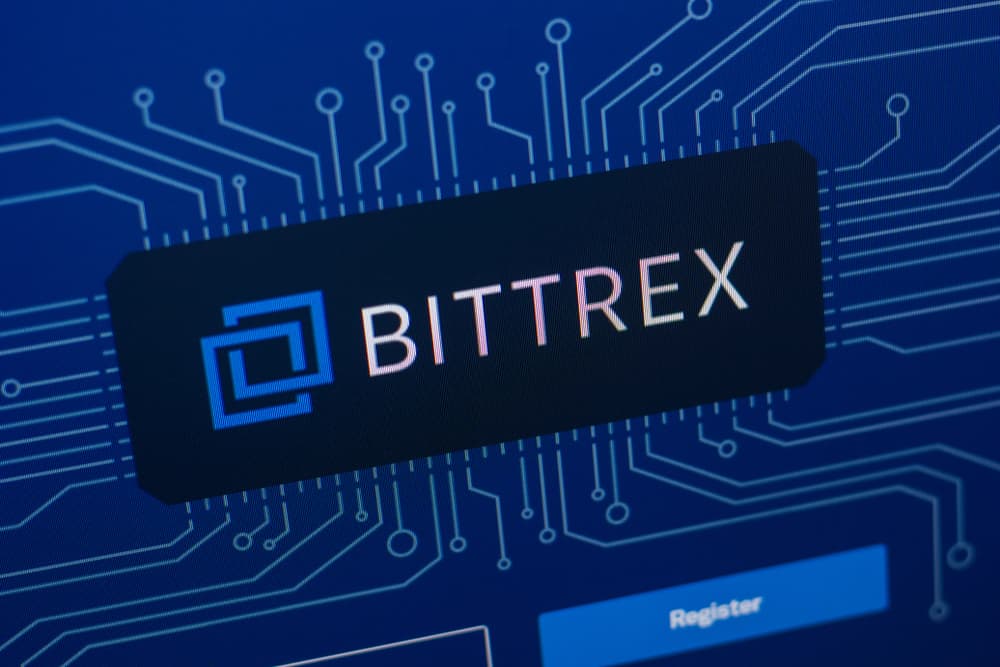Bittrex, one of the major US-based cryptocurrency exchanges, announced on May 31 that it had reached an agreement with Signature Bank to allow some customers to trade cryptocurrencies for US dollars. The collaboration will reportedly allow corporate clients in the states of California, Washington, New York and Montana to access new FIAT pairings with some 200 listed digital assets. Bittrex envisions to expand its service to other states and territories and to eventually offer the new pairings to US-based individual investors once regulatory hurdles are lifted.
What the Listing Will Feature
The new listing will feature BTC, USDT (Tether) and TrueUSD, with USD trading pairs. No more details on additional pairing were disclosed as of press time.
In an interview with Bloomberg on May 31, Bill Shihara, the Chief Executive Officer of Bittrex, revealed that the announcement is more of a watershed moment that goes beyond the firm itself.
“It’s not just about banks being able to trust Bittrex,” he declared. “It’s about banks being able to trust crypto in general.”
In fact, the majority of banks have signed agreements with governments to track money flows if illicit activity is to be suspected.
Shihara went on to describe the successful agreement as a notable milestone on the path toward mainstream adoption of cryptocurrencies by such institutions. He added that the forged partnership crystalized a long-term endeavor. The bank reportedly subjected the firm to a thorough assessment of its working procedures, where Signature Bank combed through Bittrex’s entire trading process, from customers’ registration to anti-money laundering policies and background checks.
An Increasingly Growing Adoption of Cryptocurrencies
So far, most notorious exchanges besides Coinbase, Bitstamp, Bitfinex, and Kraken have exclusively offered crypto-to-crypto trading pairs, where USDT (Tether) or TrueUSD were the only stable coins pegged to the USD value.

In fact, most banking institutions appear to be skeptical about the young asset class and have often been reluctant on whether to get involved with digital currencies. It all seems to originate back to the Silk Road scandal, where for several months the US federal government stood incapable of halting the unlawful transactions conducted on the blockchain-based platform. Cryptocurrencies’ inherent privacy protection backfired against the asset class, causing the market to plunge in years of severe downtrends. It has also ever since been associated with unlawful activities among financial institutions, until more recently where Nasdaq, Cboe, and CME, followed by Goldman Sachs, started to pave the way toward cryptocurrencies’ wider recognition through offering trading desks for Bitcoin derivatives and futures contracts.
Another major exchange, Coinbase, which already offered crypto/fiat trading pairs, has also secured major collaborations with several banks. After LHV, Cross River, Metropolitan and Silvergate banks, the San Francisco based firm announced in March that it is expanding its services to Europe through a partnership with the notorious Barclays. After successfully obtaining an e-money license in the UK, the deal with the British bank came to ease the process of deposits and withdrawals made by Coinbase customers.






